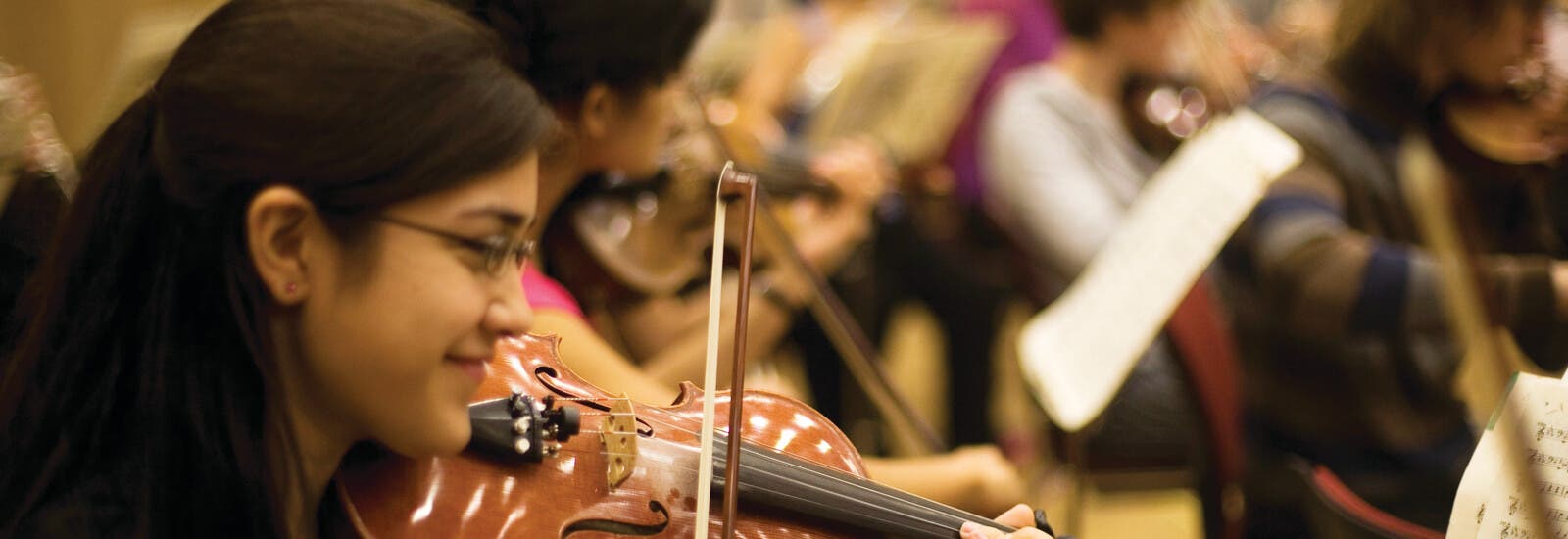What you will study
The programme consists of core and pathway-specific modules. The core modules will improve your academic and English language skills, while the pathway-specific ones will build specific knowledge about your chosen progression degree.
